Fujian-based Shanlixiang Huiying is reshaping China’s pig farming landscape through a blend of academic professionalism, strategic genetics—including a unique “American-American-Canadian” cross—and partnerships with global agri giant Cargill. With a breeding sow population nearing 12,000 and plans to increase to 15,000, the company’s vertically integrated model prioritizes quality over quantity, biosecurity, and nutritional science. As China rebounds from ASF, Shanlixiang Huiying’s approach exemplifies a model for resilient, science-driven swine production in the post-epidemic era.
Before pivoting entirely to pig farming in 2021, Huifu Lan , a graduate in animal husbandry and veterinary science from Fujian Agriculture and Forestry University, had dedicated two decades to feed and animal health services for pig farms. His hands-on experience underscored that modern pig farming is no longer a low-tech endeavor. Instead, it demands technical training and long-term commitment.
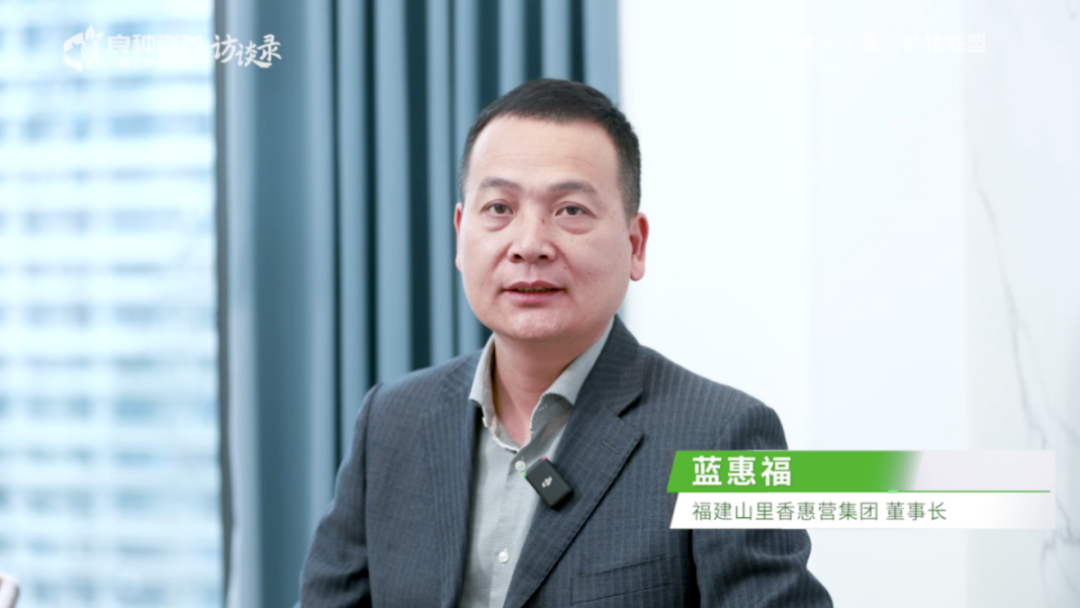
This conviction led Huifu and his brother Huixing Lan to establish a family farm with 80 sows in their hometown of Zhangpu County, Fujian Province, back in 2004—a period marked by frequent swine disease outbreaks. By 2008, they scaled operations to a 500-sow breeding facility and expanded operations into fattening production, founding Zhangpu Shanlixiang Agriculture Co., Ltd., and bringing in professional peers like Kongfu Guo, another industry veteran with a similar academic background.
Corporate Structure and Strategic Expansion
Shanlixiang’s trajectory accelerated with Huifu Lan ’s role as general manager of a veterinary trade firm in 2013, and the establishment of Suifeng’s pig farming division in 2016. The enterprise soon invested in several commercial pig farms, forming the blueprint of its current integrated model.
In 2018, after African Swine Fever (ASF) devastated China’s pork supply, Shanlixiang’s shareholders resolved to control upstream genetics by founding Fujian Chuangbaijia Breeding Co., Ltd.—a core breeding farm aimed at safeguarding genetic supply chains.
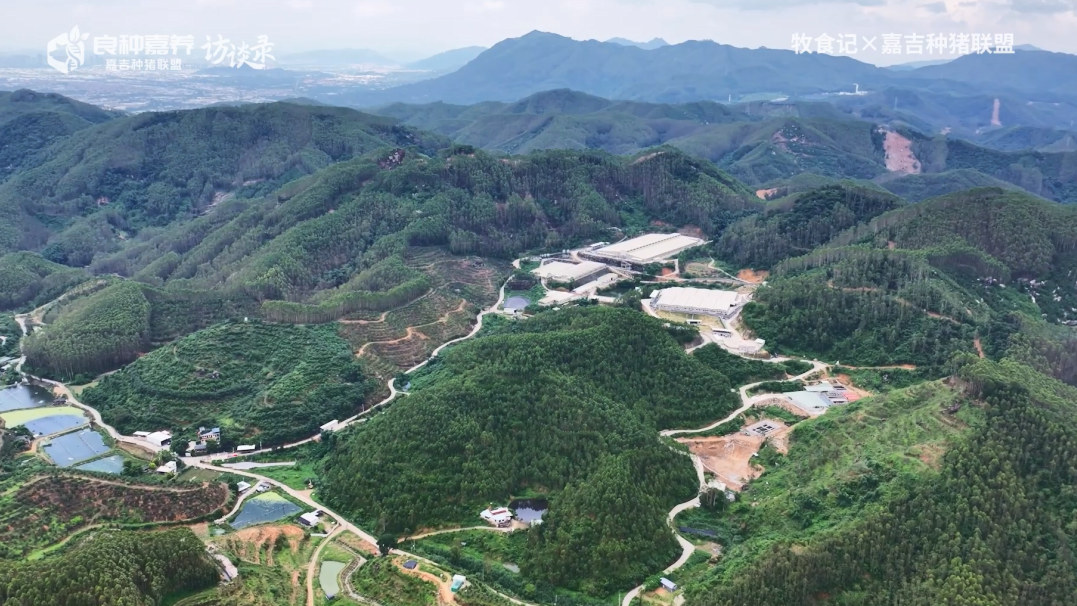
Fujian Shanlixiang Huiying Agricultural Co., Ltd., the parent company, was formally established in 2019. With Huifu’s full attention now on pig farming, the firm has since grown into a vertically integrated agribusiness with a sow inventory approaching 12,000, of which approximately 3,000 are in the core and multiplication herds.
“American-American-Canadian”: A Distinct Genetic Mix
The company’s genetic strategy focuses on a proprietary “Mei-Mei-Jia” (American-American-Canadian) combination. Initially, the breeding core consisted entirely of Canadian lines. However, given southern China’s preference for heavier pigs—up to 140kg live weight—the smaller-framed Canadian pigs underperformed in market conditions.
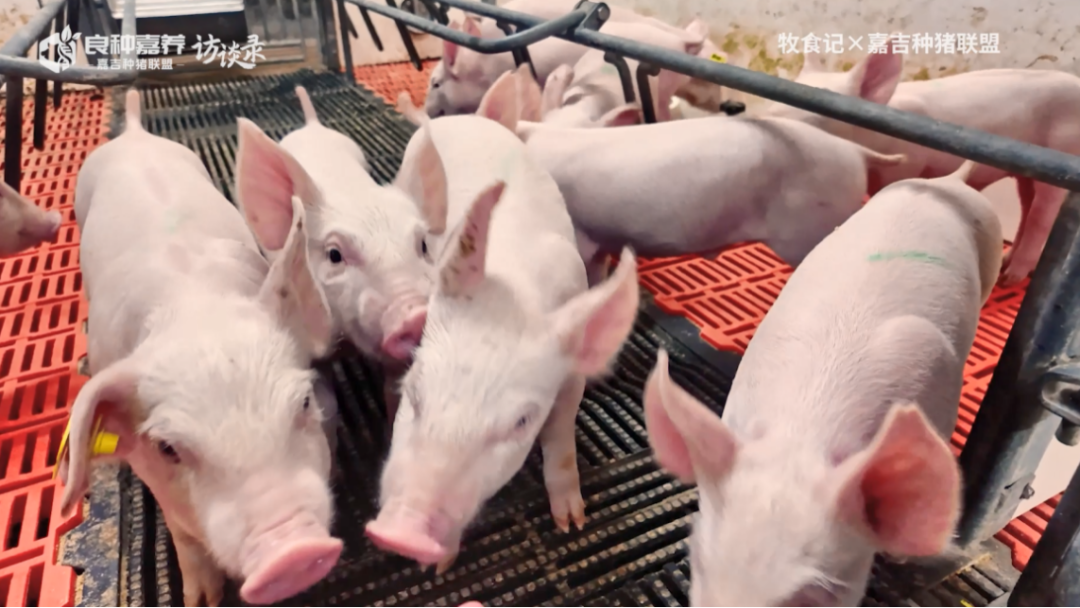
To address this, the company retained Canadian-line Yorkshire sows for their superior reproductive and maternal traits but replaced Landrace and Duroc boars with American lines known for larger frame, faster growth, and higher lean meat yield. “We don’t chase extreme litter sizes,” said Lan. “As long as we average 16 piglets born per litter and 14–14.5 live births, that’s sufficient.”
With this strategy, the company’s Yorkshire lines have surpassed 30 pigs per sow per year (PSY), and hybrid females perform even better, reinforcing the competitiveness of their Duroc × Landrace × Yorkshire “Mei-Mei-Jia” commercial pigs.
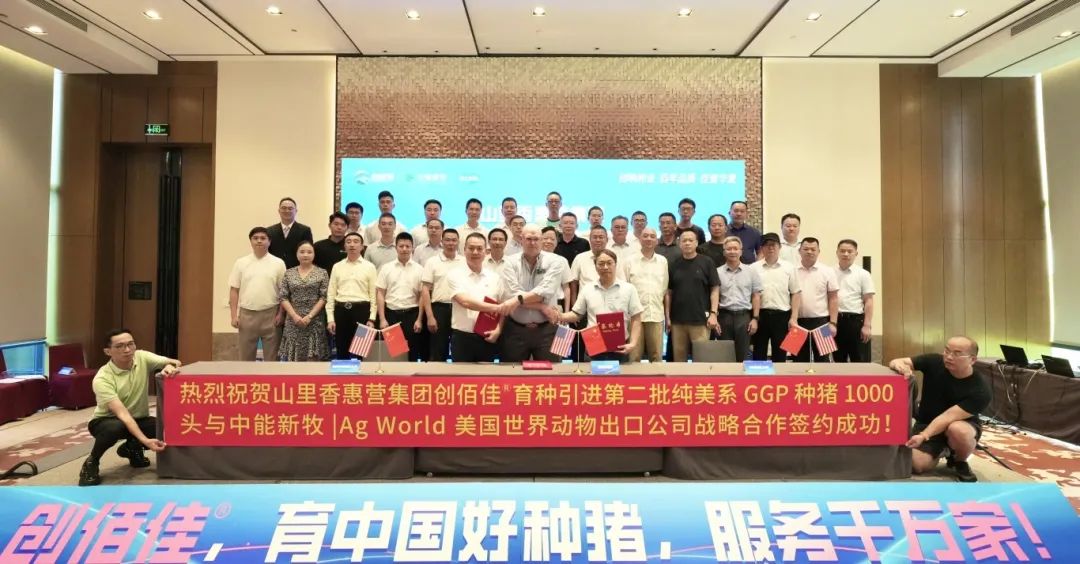
In 2024, the company inked an agreement with the Ag World International to import over 1,000 purebred American Duroc, Landrace, and Yorkshire pigs, expected to arrive by late 2025. These imports will fortify existing genetics while supporting development of new elite boar lines and parent stock tailored to client demands.
Nutrition as a Pillar of Biosecurity
Prior to ASF, the farms used self-formulated feeds. Post-outbreak, however, the company pivoted to commercial pelleted feeds to mitigate both raw material contamination and virus transmission risk. “We needed a feed mill with strict protocols and bulk feed delivery systems to reduce manual handling,” Fuhui noted.

Cargill’s prompt response to the ASF crisis earned Shanlixiang’s trust. From vehicle disinfection to personnel hygiene controls, the multinational implemented comprehensive biosecurity measures that aligned well with the company’s priorities. The relationship flourished.
“Cargill’s real-time data collection and adaptive formulations ensure our pigs receive optimal nutrition at every stage,” said Fuhui. “Their control of mycotoxins is also vital, as poor-quality feed can impair immune performance.”
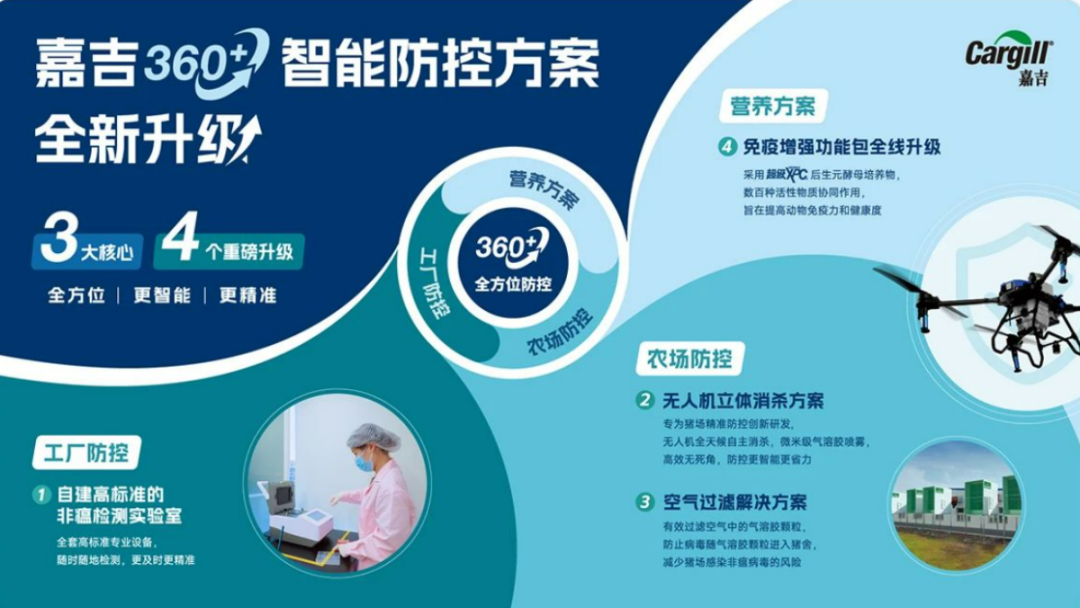
Moreover, Fujian’s prevalence of dual-negative pig herds—free from both ASF and PRRS—relies not only on strong biosecurity but also nutritional support to enhance non-specific immunity.
Pursuing Precision Over Scale
Looking ahead, the company plans to increase its breeding sow inventory to 15,000 and will raise all finishing pigs internally, with limited external sales of breeding stock. Despite recent industry trends promoting contract-based finishing models, Fuhui remains cautious. “The risks are too high with variable markets and disease exposure,” he said. Instead, the company prefers long-term lease agreements—eight to ten years—on farms it operates directly.
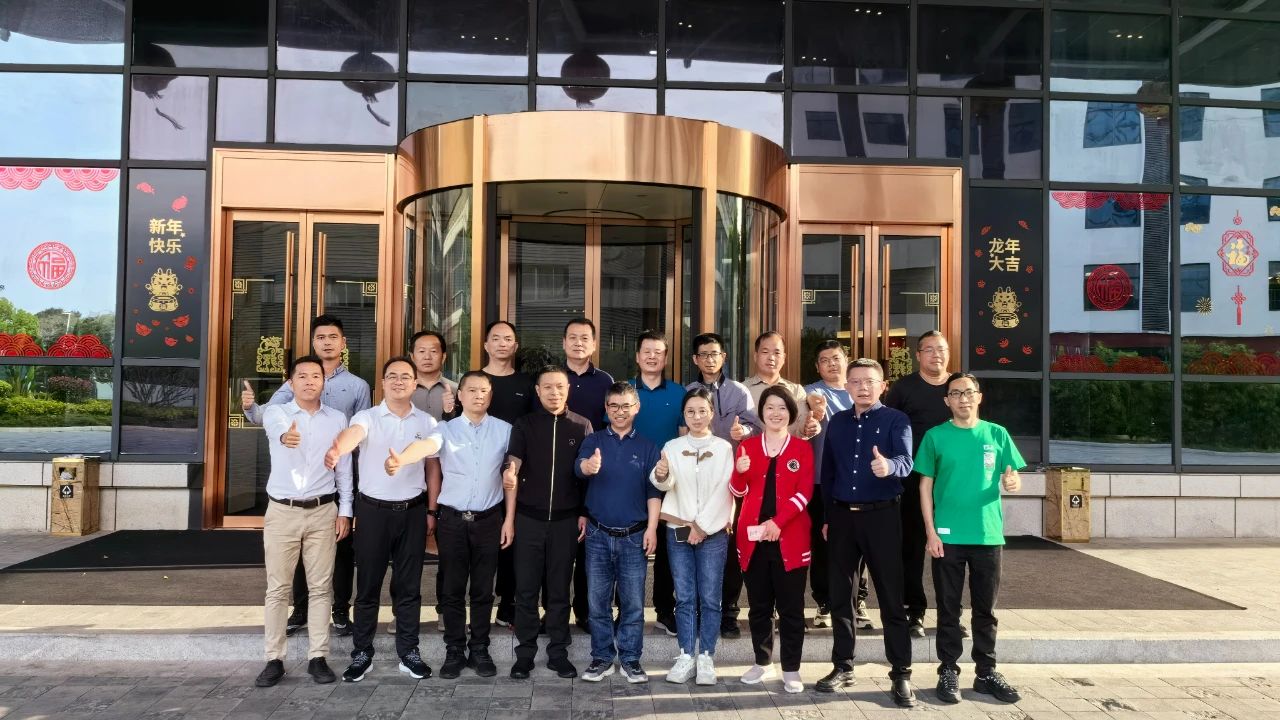
Shanlixiang Huiying Management Team
“We’re not chasing the biggest herd. We’re building the most robust one,” Fuhui emphasized. “Each base must be a benchmark. That’s our brand promise to regulators, local communities, and shareholders alike.”
AgriPost.CN – Your Second Brain in China’s Agri-food Industry, Empowering Global Collaborations in the Animal Protein Sector.




